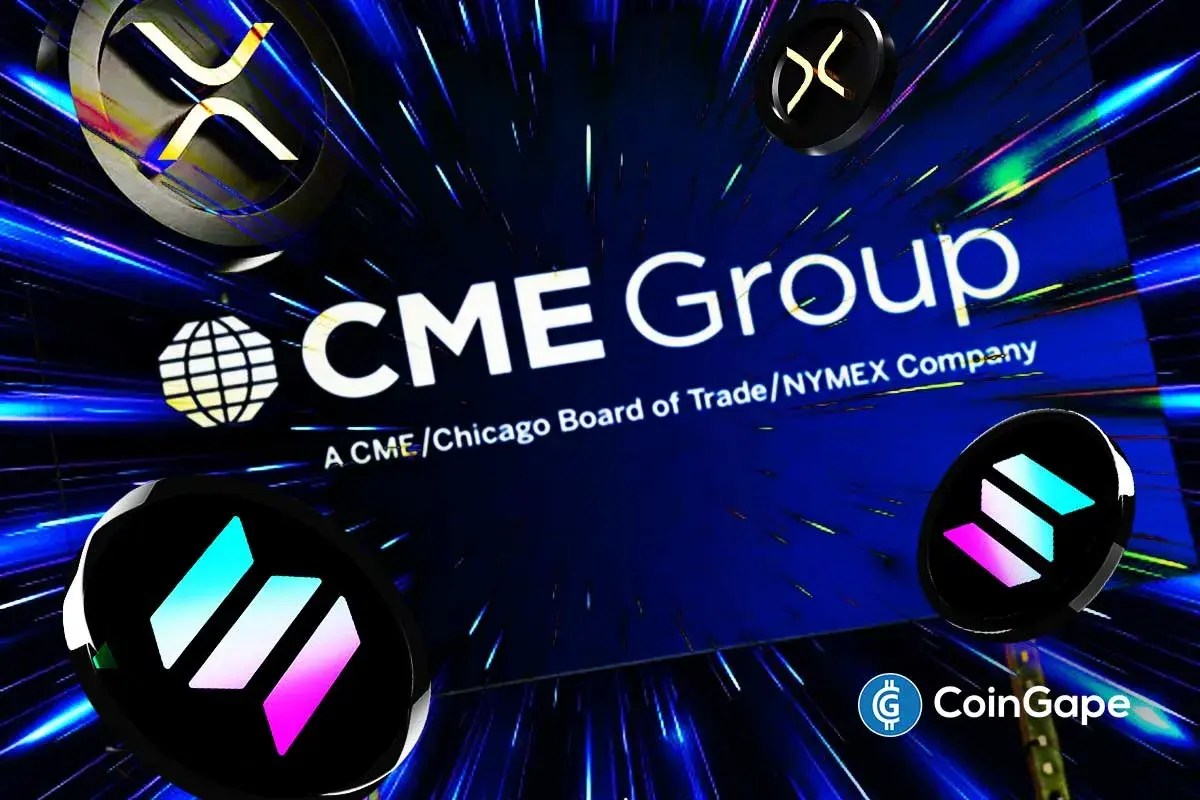Private equity would seem to be a natural fit for SME manufacturers’ increasing needs for growth and buyout capital. But there’s a problem.
getty
Baby Boom owners of small- and medium-sized enterprise manufacturing companies, which comprise about 98% of American industry, are reaching retirement age in droves, with Generation X not far behind. Those without relatives or partners to take over the businesses need to find buyers so they can exit. Private equity investors would seem to be the natural answer. Unfortunately, there exists a critical distrust of PE among industrial owners.
Matt Guse is president of MRS Machining in Augusta, Wisconsin, a family-owned machine shop established by his dad in 1986. Author of the new book MRS Machining: A Manufacturing Story, Guse published an article on LinkedIn last week giving one reason for that great level of distrust among owners looking to sell.
There’s a much deeper level of distrust that dates back about as long as MRS Machining has been around. Supply chain veteran and author Jeff Leimbach explained it in his book from earlier this year, Broken Supply Chains: How Financial Engineering Hollowed American Manufacturing and the Complex Journey to Resilience.
Industrial companies are uniquely capital-intensive. They require heavy doses of cash at the outset to purchase and install expensive production equipment and systems. Then they need ongoing large infusions of capital to maintain the productive capacity of those systems over time, to replace major equipment when it reaches the end of its useful life, and to invest in additional productive capacity to allow the business to grow.
Overall funding for manufacturing operations appears to be sound. Still, the breakdown between manufacturing owners and the PE world is one that is becoming an ever-greater challenge.
getty
Private equity buyouts often not only don’t provide for those needed ongoing infusions of capital, but they’re also routinely structured to require regular dividends returned to the investors as well. Leimbach explained what happens in that case.
The manufacturing SME community is huge, but the networks in its different verticals are tight-knit, so the many horror stories like these of companies devastated by bad investment philosophies quickly spread among owners. The result, as Guse pointed out, can be appalling.
That kind of breakdown in the business environment couldn’t come at a worse time. “The opportunity is huge,” Guse told me in an interview. “There’s an ever-greater need for domestic manufacturing capabilities, and a growing pool of owners looking to exit. We have to fix the problem, and fast.”
I sought input from several representatives on the PE side of the equation for this story, but none would speak with me on the record. Both Guse and Leimbach acknowledge, however, that the horror stories aren’t the whole picture. “I know there are good practices in private equity companies,” Leimbach said in a recent appearance on my Manufacturing Talks web show and podcast. Certainly, the fact that most companies can get the financing they need to fund their operations and growth on an ongoing basis says there are plenty of things working right.
The need for change remains, however, and Guse offered his solutions.
Source: https://www.forbes.com/sites/jimvinoski/2025/09/17/american-manufacturing-has-a-private-equity-problem/


